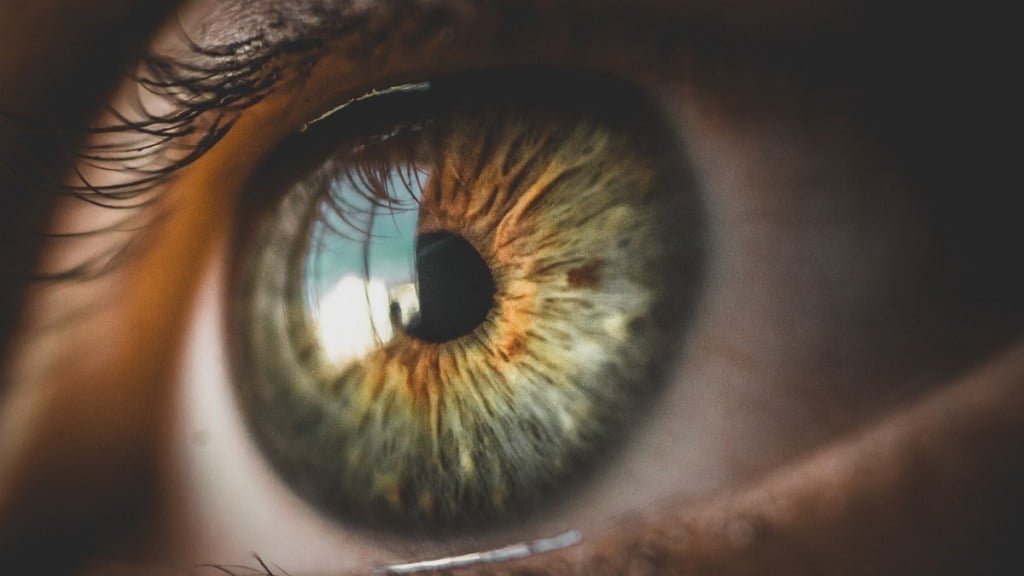Winter’s chill can bring unwelcome surprises, including waking up with inflamed eyes. The dry air, cold temperatures, and wind can dry out your eyes, leading to discomfort and pain.
According to Dr. Venkatesh Babu S, Consultant Ophthalmologist, Dr Agarwal’s Eye Hospital, Bengaluru, if you’re struggling with inflamed eyes during the winter months, here’s what you should know and do.
What are causes of inflamed eyes in winter?
Before we dive into the tips, it’s essential to understand what causes inflamed eyes in winter:
- Dry air: Low humidity can dry out your eyes, leading to inflammation.
- Cold temperatures: Cold air can reduce tear production, causing dryness and irritation.
- Wind: Windy conditions can dry out your eyes and make them more prone to inflammation.
Tips to Soothe Inflamed Eyes in Winter
Here are some valuable tips to help you alleviate inflamed eyes during the winter season:
- Stay hydrated: Drink plenty of water to keep your eyes moist. Dehydration can exacerbate dry eyes, so aim for at least eight glasses of water a day.
- Use artificial tears: Over-the-counter artificial tears can provide quick relief for dry, inflamed eyes. Look for preservative-free artificial tears to avoid irritating your eyes further.
- Apply warm compresses: A warm compress can help loosen up any blockages in the oil glands of your eyes, reducing inflammation. Soak a clean cloth in warm water, wring it out, and apply it to your closed eyes for a few minutes. Repeat this procedure 5 to 6 times at a time, twice a day.
- Avoid irritants: Avoid exposure to irritants like smoke, dust, and pollen, which can aggravate dry eyes. If you’re sensitive to these substances, consider wearing protective goggles or sunglasses when outdoors. Always wear a full helmet with a front cover while driving any two-wheeler.
- Use a humidifier: Dry air can dry out your eyes, so using a humidifier in your home can help maintain a healthy moisture level. This is especially beneficial during the winter months when the air tends to be drier.
- Limit screen time: Staring at screens for extended periods can dry out your eyes due to less frequent blinking.
- Follow the 20-20-20 rule: every 20 minutes, close your eyes for 20 seconds and then resume working. During breaks, stare at an object that is at least 20 feet away for a few minutes. You can blink during this time.
- Get enough sleep: Getting adequate sleep is crucial for eye health. Aim for 7-8 hours of sleep each night to help your eyes feel rested and refreshed.
- Avoid any kind of screen at least 1 hour before going to bed

